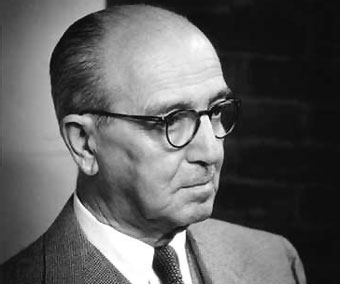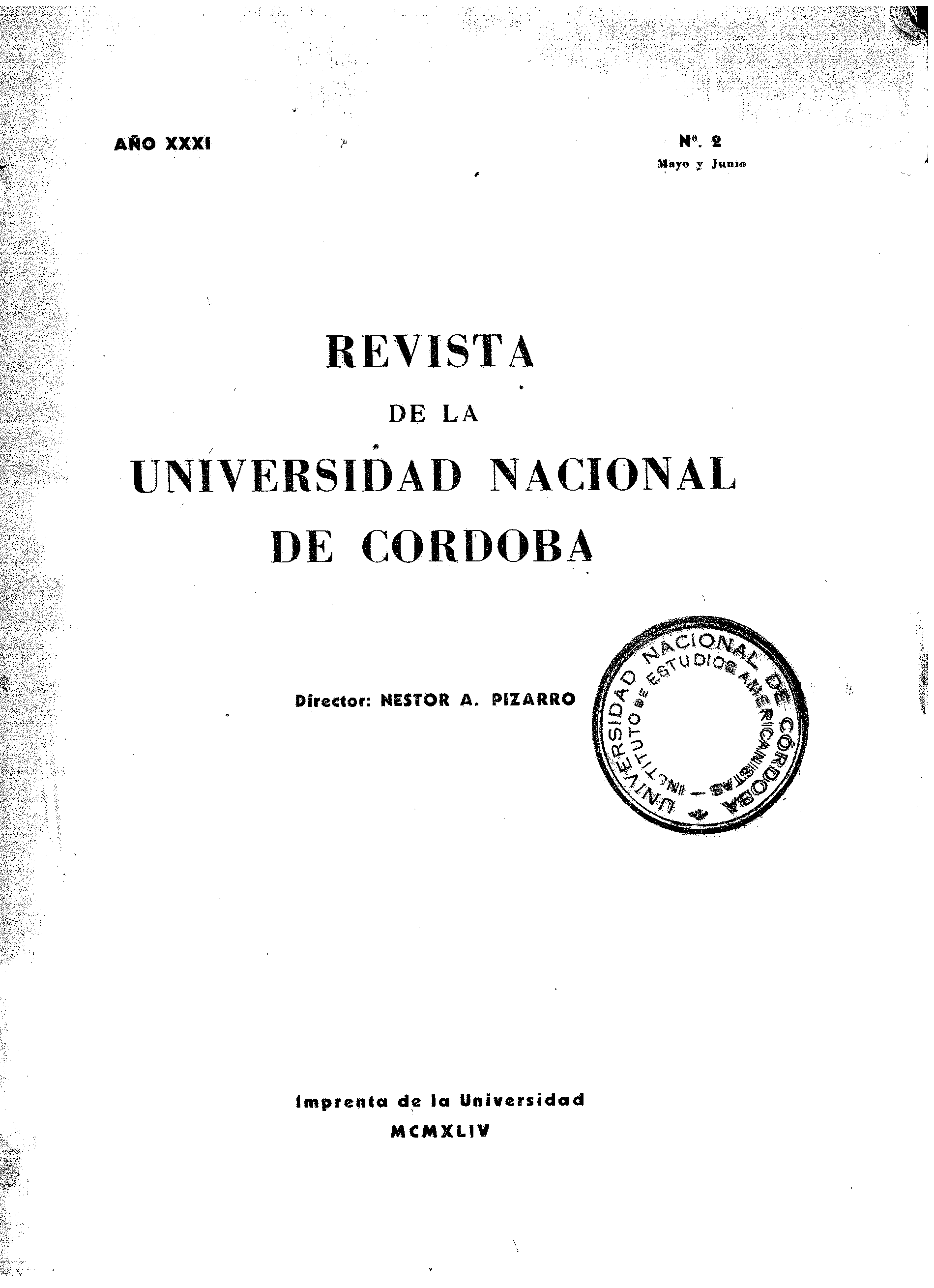Collective and individual responsibility in international law, with special consideration to the punishment of war criminals.
Keywords:
International Law, War criminals, Criminal courtAbstract
This article is a clear exposition of the legal theory of International Law taught by Professor HANS KELSEN who is currently teaching at the University of Berkeley, California. This article appears simultaneously in the "Revista de la Universidad de Córdoba" and in English in the "California Law Review". Our version is due to Dr. ENRIQUE FERRER VIEYRA, scholar at the University of Berkeley, disciple of KELSEN, through whom we have obtained this valuable collaboration that reveals the commitment with which he is working on the international legal structuring of the post-war period, in its various aspects.
Downloads
References
Confrontar 2 OPPENHEIM, "Internatwnal Law" (ed. 6, 1940).
Confrontar e. g. 1 OPPENHEIM, "International Law" (ed. 5, 1935)
Confrontar e g. FISCHER WILLIAMS, "Chapter on Current International Law and the League of Nations" (1929), p. 234.
VESPASIANO V. PELLA, en La influence d' une Jurirdiction criminelle intednationale (1936).
BELLOT, A. Permanent International Criminal Court, en "The International Law Association, Report of the Thirty-first Conference" (1923), vol. 1, p. 73.
OPPENHEIM, op. cit., supra, nota 2 (1ª. a 5ª. ed.), § 253.
VERDROSS, "Voelkerrecht" (1937), pág. 298
MERIGNAC, De la sanction des infractions au Droit Gens, en "Revue Générale de Droit International Public", vol. 24, p. 49 (1917).
Conf. MANNER, The Legal Nature and Punishment of Criminal Acts of Violence Contrary to the Laws of War, (1943) 37 "Am. J. Int. Law", 407.
SCHWARZENBERGER, War Crimfs and the Problem of an lnternational Criminal Court (1924).
HALL, A Treatise on International Law (1924), § 135.
HYDE, Punishment of War Criminal (1943), Proceedings of the American Society of Intetnational Law, 39, 43.
Downloads
Published
How to Cite
Issue
Section
License
Copyright (c) 1944 Universidad Nacional de Córdoba

This work is licensed under a Creative Commons Attribution-NonCommercial-ShareAlike 4.0 International License.
Commercial use of the original work and any derivative works is not permitted, and distribution of derivative works must be made under a license equal to that which governs the original work.







